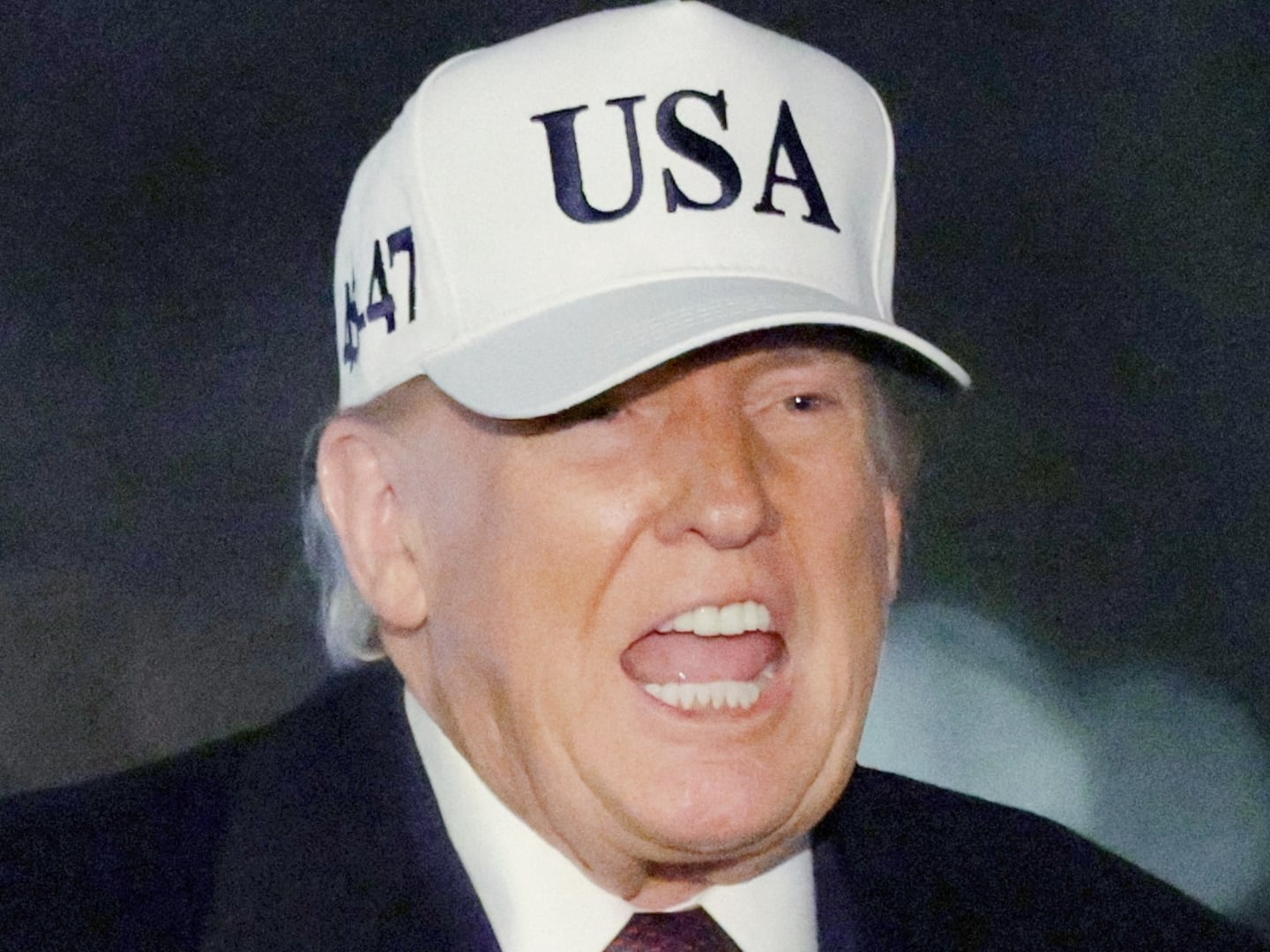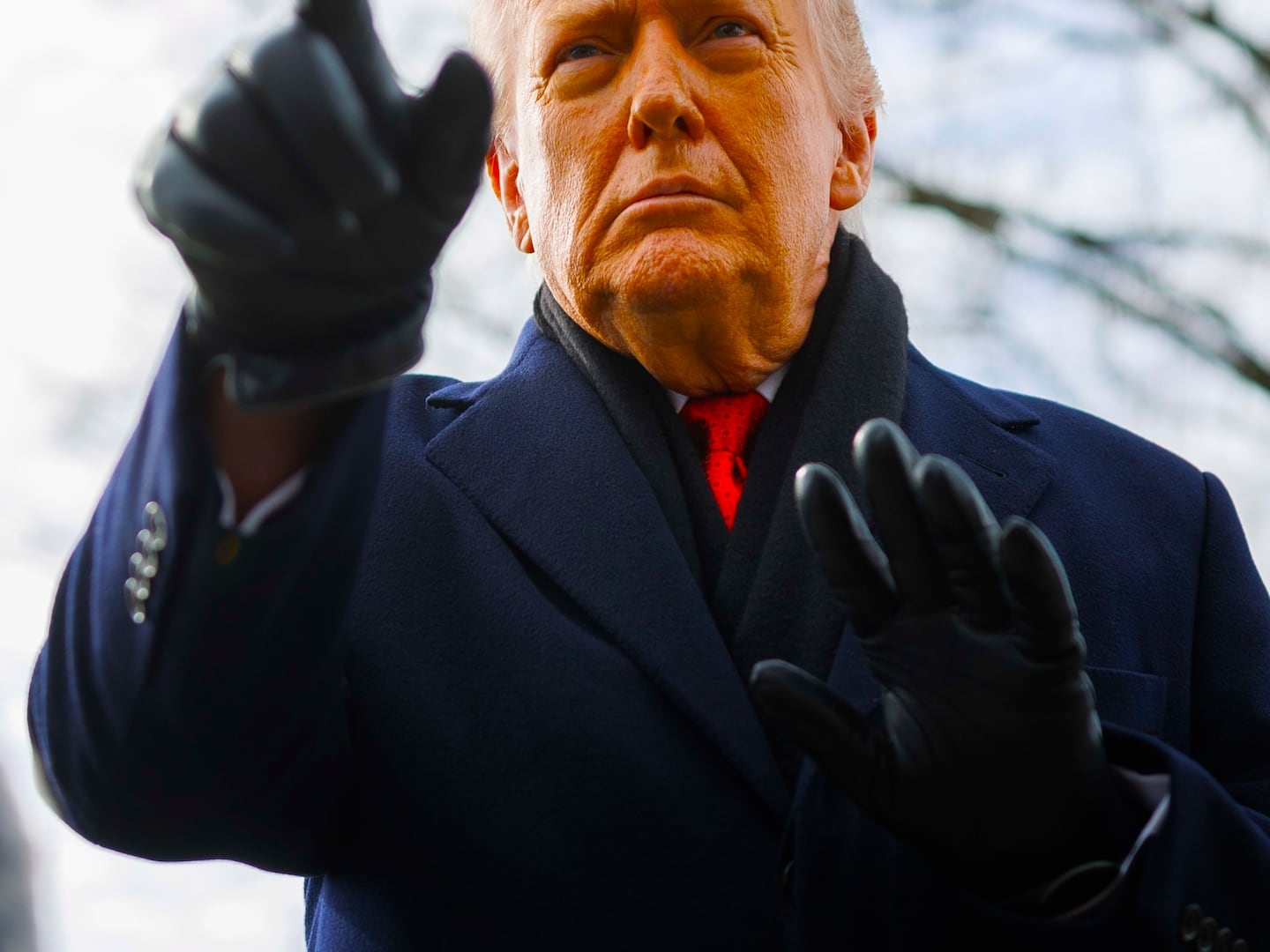Despite the fact that Sen. Bernie Sanders has long identified himself as a “Democratic Socialist,” socialists in America aren’t feeling the Bern. In fact, it’s hard to find a socialist in America who seems to believe that Bernie Sanders is even socialist at all, apart from Bernie Sanders himself.
For everybody else, from the hard-left Marxists to more mainstream Social Democrats, Sanders seems to be the first SINO in modern American politics. A Socialist in Name Only who has embraced the historically fraught term that even socialists can’t agree upon.
Sanders’ own brand of socialism mirrors that of European social Democrats, borrowing from Scandinavian countries like Finland and Norway. Sanders frequently cites their universal health care, generous education and family leave, and progressive tax system are examples the United States can and should learn from. His earliest political political affiliation was with the anti-war Liberty Union Party, but Sanders has since run all of his political campaigns as an independent without a major party nomination, until now.
My first encounter with the SINO sentiment among socialists came at a Bernie Sanders rally in downtown Atlanta, where David Ferguson, a member of the Socialist Workers Party, stood on a backstreet sidewalk handing out copies of The Militant, a weekly socialist newspaper “published in the interests of working people.”
“Wow, you must be excited about Bernie,” I said to him, almost rhetorically, assuming a socialist senator surging in the polls would be good news for the cause.
“No, no, noooo,” Ferguson corrected. “Bernie’s not a socialist.” Really?
The Socialist Workers Party is one of the largest and most hardline of the dozens of self-described socialist organizations in the country, which bills itself as an anti-capitalist revolutionary party “against racism, imperialism, and oppression.”
“Bernie’s program is aimed too much at reforming capitalism instead of trying to change it,” Ferguson said. “He is offering certain steps that yes, if passed would make life a little better for us, but would never get to the root of the problem.”
Ferguson said that the SWP wants to eliminate the two-party system and create a workers’ party, unlike Sanders who is working within the system by running for the Democratic nomination. “He is not what I consider to be a socialist,” Ferguson said. “That is someone who wants to implement a completely different system and replace capitalism with socialism.”
David Duhalde, deputy director of Democratic Socialists of America, said that, although his group supports much of Sanders’s agenda and will support him for president, the senator is also not one of them, literally.
“We are probably the most enthusiastic socialist group in the country for Bernie, but he is actually not a member of the Democratic Socialists of America,” Duhalde said. “He’s been very friendly to us over the years, but Bernie Sanders has always run as an independent.”
Duhalde explained that Sanders’s own brand of socialism is closer to his group’s ideology than any other candidate running. In addition to implementing universal health care and eliminating income inequality, Sanders also calls for free college tuition at public universities and public financing of campaigns, reforms Duhane said are a start.
“We want to go farther than that.” Duhalde said. “We see those things as stepping stones toward a better society and toward socialism.”
Although many groups in the country call themselves socialist, only one is a functioning political party, Socialist Party USA, which advocates for publicly owned, democratically operated utilities, manufacturing run by co-ops and a democratized economy. The Socialist Party has no plan to nominate or support Sanders in 2016.
“While Sanders was an independent, we felt like what he was doing was great, he was presenting an alternative voice to the Democrats and the Republicans,” said Greg Pason, national secretary for the party.
“But over the last six years or so, he has gotten closer and closer to the Democrats,” he said “We just don’t see that strategy as being productive. We see it as destructive.”
Pason called the Sanders candidacy “a dead end that takes away energy from the people doing the work on the ground” and worries that Sanders’s running on the Democratic ticket will send a message that socialist change could come through the Democratic Party.
“It’s sad to me to see so many folks getting excited about his campaign and I worry that Sanders, if and when he loses the Democratic nomination, will endorse such a horrible candidate as Hillary Clinton, and he’s pledged to do that.”
It’s never pleasant for a politician to read reviews like that, but a little trash talk from the socialists might be just what the Sanders campaign needs as it heads toward 2016.
As a left-wing lark, the Sanders campaign could use the socialist label as an automatic way to get to the left of Hillary Clinton. But as the campaign has progressed to a progressive powerhouse, Sanders’s socialist ID has turned out to be the only label in politics that alienates more people than it attracts. A Gallup poll this year showed just 47 percent of Americans willing to vote for a socialist for president, fewer than those willing to back an atheist, Muslim or lesbian. Of all of the terms polled, socialists ranked the lowest.
That may be why Sanders has inched away from it since he hit the national stage. Although he still calls himself a Democratic Socialist, he had telling moment with the Des Moines Register this summer when he was asked about his socialist philosophy.
“You don’t have to worry about the word ‘socialist,’” he said. "Just look at what I’m talking about.”






